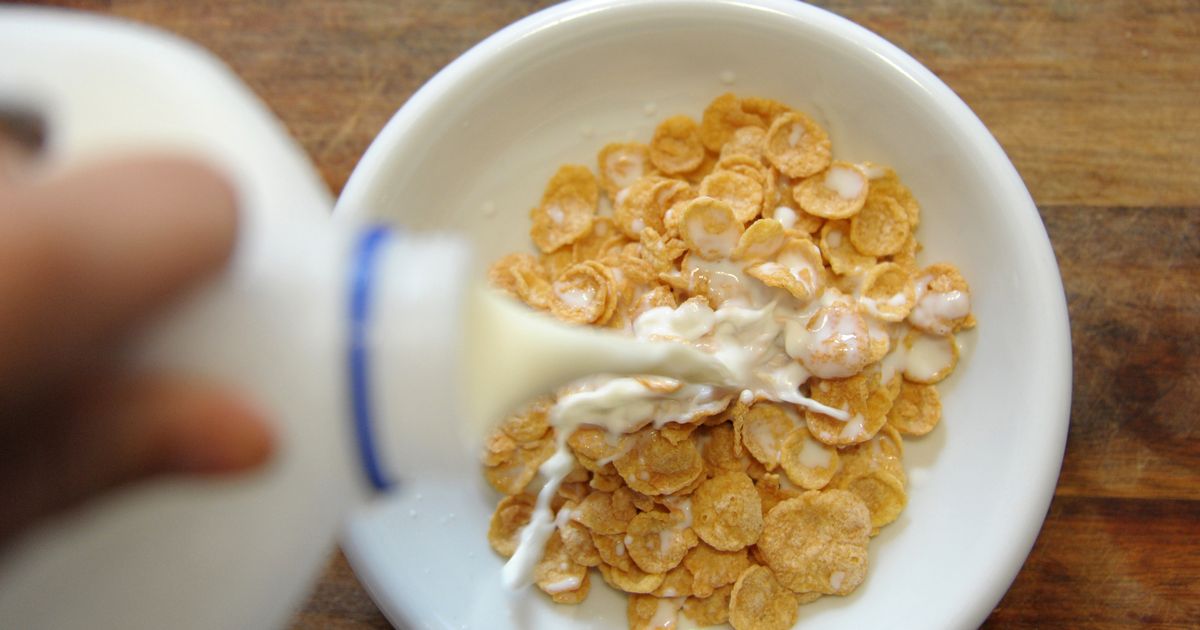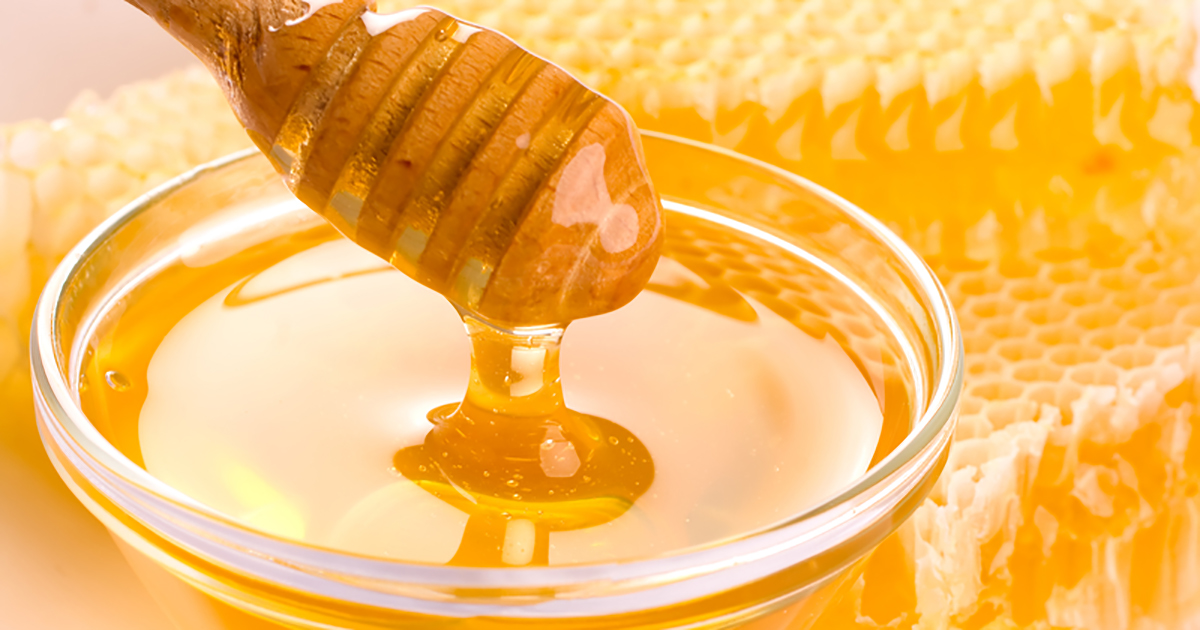Foods to Steer Clear of If You Have Diabetes
9. Sweetened Breakfast Cereal

Diabetes patients are advised to avoid consuming sweetened breakfast cereal. Most individuals do not know just how many carbohydrates are in cereal, and how processed it is. Also, most individuals have a misconception about how much an average serving of breakfast cereal is. Three-fourths of a cup of cereal usually represents one serving, with twenty-four grams of carbohydrates. Individuals with diabetes may feel adding fruit or honey to their unsweetened cereal is a safer option, but this is still adding sugar and calories. Sweeteners added to cereal can come in the form of many names, including agave nectar, corn syrup, dextrose, fructose, malt syrup, maple syrup, raw sugar, crystalline fructose, evaporated cane juice, fruit juice concentrates, honey, maltose, molasses, and sucrose. While not all cereals contain these sweeteners, they all do contain carbohydrates because they are made from grains. Even in the absence of sugar, carbohydrates alone will increase an individual's blood glucose. Furthermore, adding milk to the cereal as most individuals do will increase the sugar and carbohydrate content of the cereal.
10. Honey And Maple Syrup

Individuals affected by diabetes should avoid honey and maple syrup. These patients often try to limit their intake of what they perceive to be sugar, such as white table sugar and brown sugar-containing food products. While other sweeteners may be better choices for individuals not affected by diabetes, they are no better or worse than regular table sugar for those with the condition. The reason for this is that these types of sweeteners have the same content of carbohydrates in them as other highly processed sweeteners. A one-tablespoon portion of white sugar contains 12.6 grams of carbohydrates, while the same quantity of natural honey contains seventeen grams of carbohydrates. A tablespoon portion of agave nectar contains sixteen grams of carbohydrates, while a tablespoon of maple syrup contains thirteen grams of carbohydrates. Because of the carb content in honey and maple syrup, they have the same adverse impact on a diabetes patient's blood glucose levels and control as the same amount of typical white table sugar.
